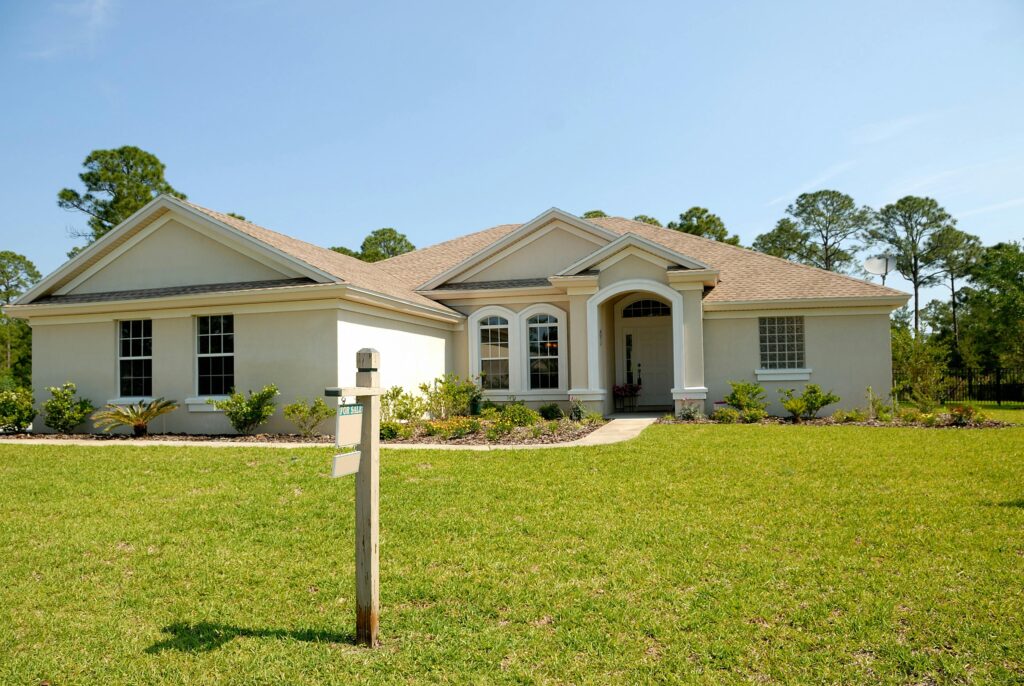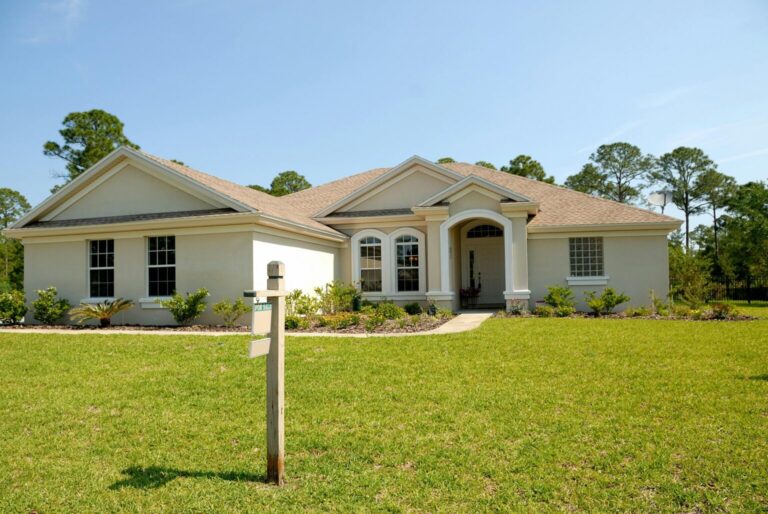
In the real estate market world, knowledge is power—and local knowledge is everything. Buyers and sellers aren’t just looking for someone who can execute transactions; they want a real estate agent who knows their community inside and out. Being recognized as a neighborhood expert not only boosts your credibility but also builds trust and enhances your ability to close deals.
But becoming an expert doesn’t happen overnight. It requires a combination of data analysis, relationship-building, and a deep understanding of what makes a neighborhood tick. Here’s a comprehensive guide to mastering the art of decoding local market trends and becoming the go-to real estate expert in your area.
Understand the Local Economy and Demographics
The heartbeat of any neighborhood is its economy and population. A thriving economy often correlates with a stable or growing real estate market. Pay attention to employment rates, dominant industries, and income levels. Demographics, on the other hand, reveal who lives in the area and what they value.
What to Look For:
- Age distribution (e.g., millennials, retirees, young families).
- Household types (singles, couples, families).
- Income levels and cost of living.
- Cultural diversity and languages spoken.
Why It Matters:
Knowing these details helps you anticipate buyer preferences and tailor your marketing strategies. For example, a family-friendly neighborhood with good schools and parks might attract young parents, while an urban area with nightlife may appeal to single professionals.
Pro Tip: Partner with local economic development offices or use tools like Census.gov to gather demographic data.
Dive Deep Into Housing Data
Analyzing housing market data is essential to understanding trends. It’s not enough to glance at home prices—you need to interpret key metrics to see the bigger picture.
Key Metrics to Monitor:
- Median Home Prices: Indicates the affordability of the area and its appeal to different buyer demographics.
- Inventory Levels: High inventory may signal a buyer’s market, while low inventory often indicates a seller’s market.
- Days on Market (DOM): Reveals how quickly homes sell and helps gauge demand.
- Price per Square Foot: Useful for comparing homes of different sizes.
What to Watch For:
- Rising prices may suggest a hot market while declining prices could indicate an opportunity for buyers.
- A decrease in days on the market might reflect increased buyer competition.
Pro Tip: Use MLS data and platforms like Zillow, Realtor.com, or CoreLogic to track trends in specific neighborhoods.
Know the Neighborhood’s Character and Amenities
Every neighborhood has its unique selling points, and understanding these can make or break a deal. Buyers don’t just purchase homes—they invest in a lifestyle.
What to Learn About:
- Schools: Quality and proximity of schools often drive family decisions.
- Transportation: Access to public transit, highways, and commute times.
- Recreation: Parks, gyms, trails, and community centers.
- Shopping and Dining: Local shops, restaurants, and grocery stores.
Why It Matters:
A buyer who values convenience might prioritize proximity to major shopping centers or transit hubs, while a retiree may prefer a quieter area with natural beauty.
Pro Tip: Explore the area like a local—walk the streets, visit the businesses, and talk to residents to truly understand the vibe.
Network With the Locals
Data can only tell you so much. To uncover the less obvious factors influencing the market, connect with people who live and work in the area.
Who to Talk To:
- Local business owners who can share insights about foot traffic and customer demographics.
- Longtime residents who know the history of the neighborhood and its transformations.
- Community leaders or city council members who are aware of upcoming projects.
Why It Matters:
A new restaurant opening, a school expansion, or even planned roadworks can significantly influence property values and buyer demand.
Pro Tip: Attend local events, join online community groups, and subscribe to neighborhood newsletters.
Monitor Seasonal Trends
Real estate markets have seasonal cycles, and understanding these can help you better advise clients and optimize your marketing efforts.
What to Watch For:
- Spring and summer tend to be peak seasons for buying and selling.
- Fall and winter may see slower activity but could offer opportunities for buyers to negotiate better deals.
Why It Matters:
If you know that a specific neighborhood sees a surge in listings every April, you can prepare marketing materials and prospecting strategies in advance.
Pro Tip: Compare historical transaction data to identify patterns unique to your area.
Stay Ahead of Future Developments
Anticipating change is a hallmark of a neighborhood expert. Projects like new infrastructure, zoning changes, or commercial developments can significantly impact the market.
What to Watch For:
- Upcoming public works projects (e.g., road expansions, transit hubs).
- New residential or commercial construction.
- Changes in zoning laws.
Why It Matters:
A new school or public transit line can turn a quiet neighborhood into a bustling hotspot, increasing both demand and property values.
Pro Tip: Keep an eye on city planning commission meetings or local government websites for updates.
Establish Yourself as the Local Real Estate Authority
It’s not enough to know the trends—you need to share your expertise. Establish a personal brand that positions you as the go-to expert for your neighborhood.
How to Build Authority:
- Publish regular market updates on social media or your website.
- Share video tours of neighborhoods, highlighting features and hidden gems.
- Host webinars or community events to educate buyers and sellers about local market trends.
Why It Matters:
People are more likely to trust and refer to someone who demonstrates consistent value and knowledge.
Pro Tip: Use storytelling to make data more relatable. For example, instead of just saying, “Home prices increased by 5%,” explain how this reflects growing demand and what it means for sellers.
Becoming a neighborhood expert isn’t just about understanding real estate—it’s about immersing yourself in the life and culture of the community. By mastering local trends, building relationships, and sharing your knowledge, you can position yourself as an invaluable resource to buyers and sellers alike.
In a world where information is abundant, but expertise is rare, being a trusted neighborhood authority sets you apart. Start today by exploring your community, diving into the data, and connecting with its people. With time and effort, you’ll not only grow your business but also make a lasting impact in the neighborhoods you serve.
Ready to start your journey as a neighborhood expert? The key is just outside your door. Take the first step and immerse yourself in your community today!





